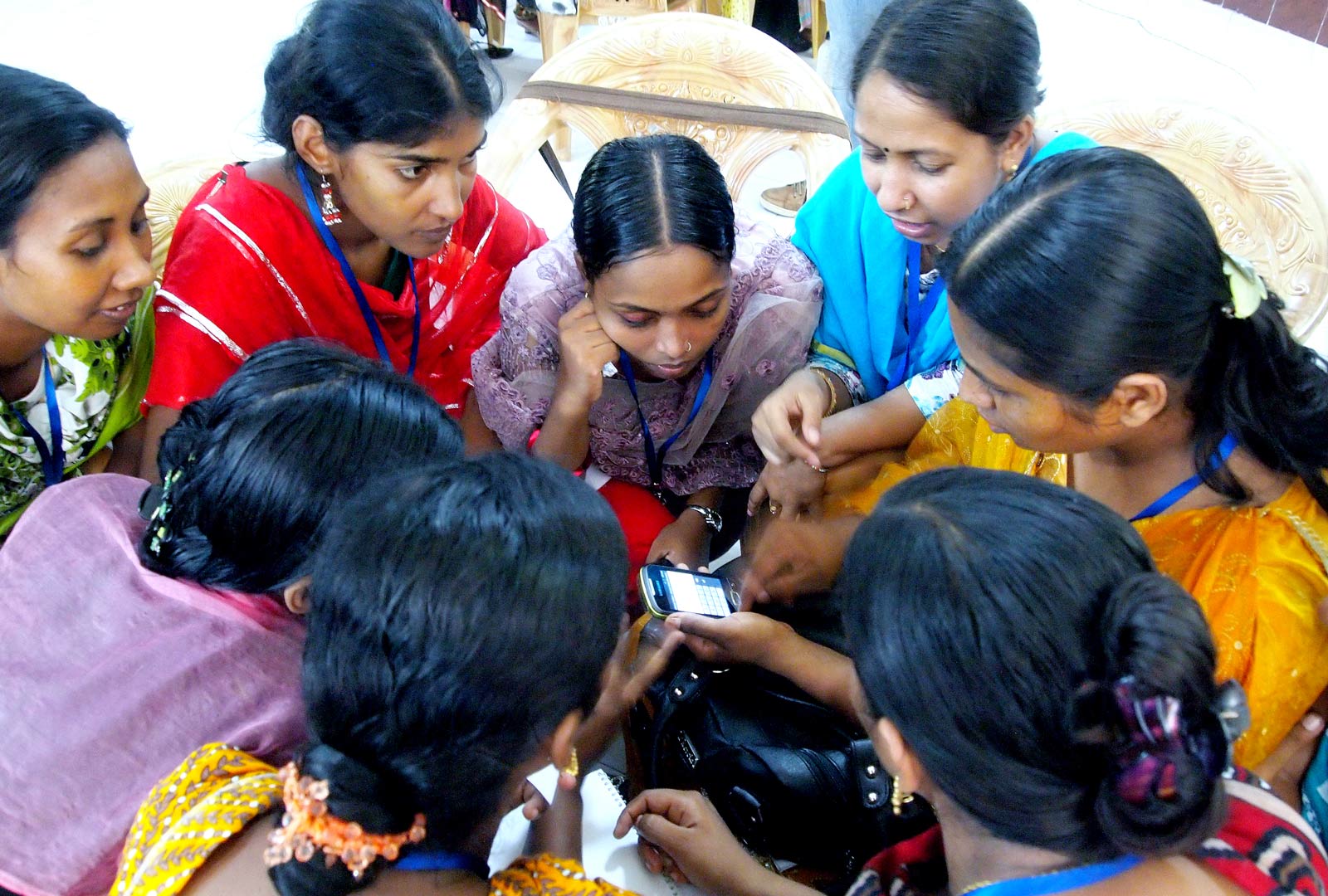
Section for Global Health Research
At NYU Langone’s Section for Global Health, we conduct transdisciplinary research to improve population health, reduce disease burden, and reduce premature death globally. Current efforts focus on innovations in care delivery and health systems strengthening, optimizing care and prevention of noncommunicable diseases, planetary health, state-of-the-art analytics, novel approaches for stakeholder engagement, and implementation research.
Innovations in Care Delivery and Health Systems Strengthening
Our research teams are developing, implementing, and evaluating innovations at the cutting edge of healthcare delivery, health systems strengthening, public health, and population health. These innovations span across multiple domains of health system components, including health workforce, health information technology, supply chain, and social determinants of health. We are engaging in projects within the following areas:
- task shifting
- health information technology
- improving medication availability and affordability
- incorporating social determinants of health into care delivery

Implementation Research
Our research teams work in real-world settings, on multidisciplinary teams, with the intent to advance the development, delivery, scale-up, and dissemination of public health interventions.
Our Implementation Science Lab harnesses the collaborative nature of the field and provides a platform for the section to share and discuss project-level challenges and breakthroughs. The lab also allows the section to draw from the growing body of global implementation science research to inform best practices:
- hybrid implementation effectiveness trials
- process evaluation
- context evaluation
Noncommunicable Diseases
Noncommunicable diseases (NCDs), such as heart disease, stroke, cancer, chronic respiratory diseases, and diabetes, are the leading cause of death worldwide. There is a global epidemic of these diseases, disproportionately affecting disenfranchised populations around the world. Researchers in the Section for Global Health are actively developing, implementing, and evaluating promising strategies to reduce risk and improve care and treatment of NCDs in resource-limited settings worldwide. In addition, we are developing and evaluating creative ways to deliver care for individuals who concurrently have two or more chronic conditions, including those with both HIV and NCDs. Our efforts are aimed at four specific diseases:
- cardiovascular disease
- cancer
- hypertension
- diabetes

Planetary Health
Planetary health is a multidisciplinary approach to health, wellbeing, and equity that recognizes the importance of natural ecosystems that are integral to influencing human health. Our research focuses on the following areas:
- air pollution and health
- resource utilization and care delivery
Stakeholder Engagement
Throughout research and practice, stakeholder engagement remains a critical and fundamental step for developing and sustaining context-appropriate health programs and initiatives. In our work and research, we have adapted and integrated different forms of stakeholder engagement, using mixed-method approaches, to mitigate the burden of diseases and illnesses within varied healthcare settings. More precisely, our work has included the following stakeholder engagement approaches:
- human-centered design
- group concept mapping
- consensus processes
Advanced Analytics
In all of our research activities, our teams are applying novel and advanced data generation and analytic techniques to global health challenges, in order to develop new insights, unique discoveries, and groundbreaking delivery strategies. We routinely apply the following techniques within our studies:
- social network analysis
- spatial analysis
- syndemic analysis
- causal inference
- qualitative methods